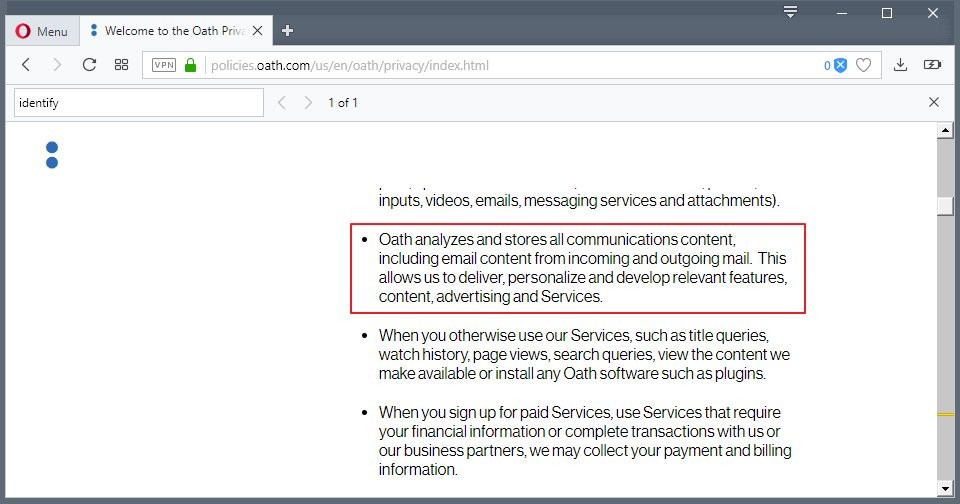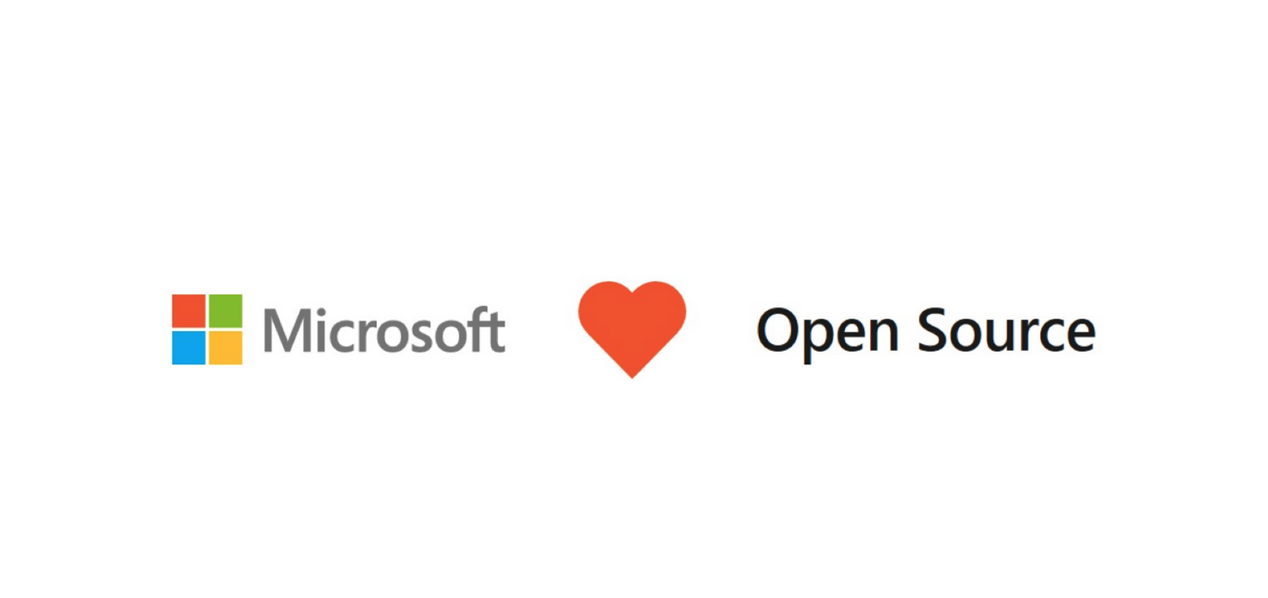
Verizon’s Oath, which owns both Yahoo and AOL, has recently updated privacy policies pertaining to its use of user data, including scanning of user emails, instant messages, photos and other data on any of its subsidiary sites.
This news was met with mixed reactions from businesses and consumers alike, highlighting the increased awareness and need of users to understand exactly what happens to their data, who may be using it without them knowing, and how they can react if they are not happy with these terms. The gathering and processing of user data is of imperative significance, and needs to be done responsibly. It is clear that any company providing an internet-based service has to move towards openness, transparency and choice, if they wish to establish and regain the trust of users.
In order for an internet service to be deemed trustworthy, it needs to comply to the four commandments of great Internet and Cloud services - the service must be open source and available as a software, provided by trusted providers, and allowing the data to be movable between services. This is due to the fact that proprietary software still requires a high degree of trust with the software supplier. If the software is open source, the supplier provides full transparency of what the system does by showing the world what it is made of and if there are back doors, creating an extra layer of trust. Furthermore, if a service is available from many providers , if privacy terms or any other vendor circumstances change , or the user changes their mind, they have the flexibility to swap. Finally, where the data formats are proprietary to one company, while the data is movable, it is essentially useless because no other service or software knows how to deal with it.




-png-2.png)
